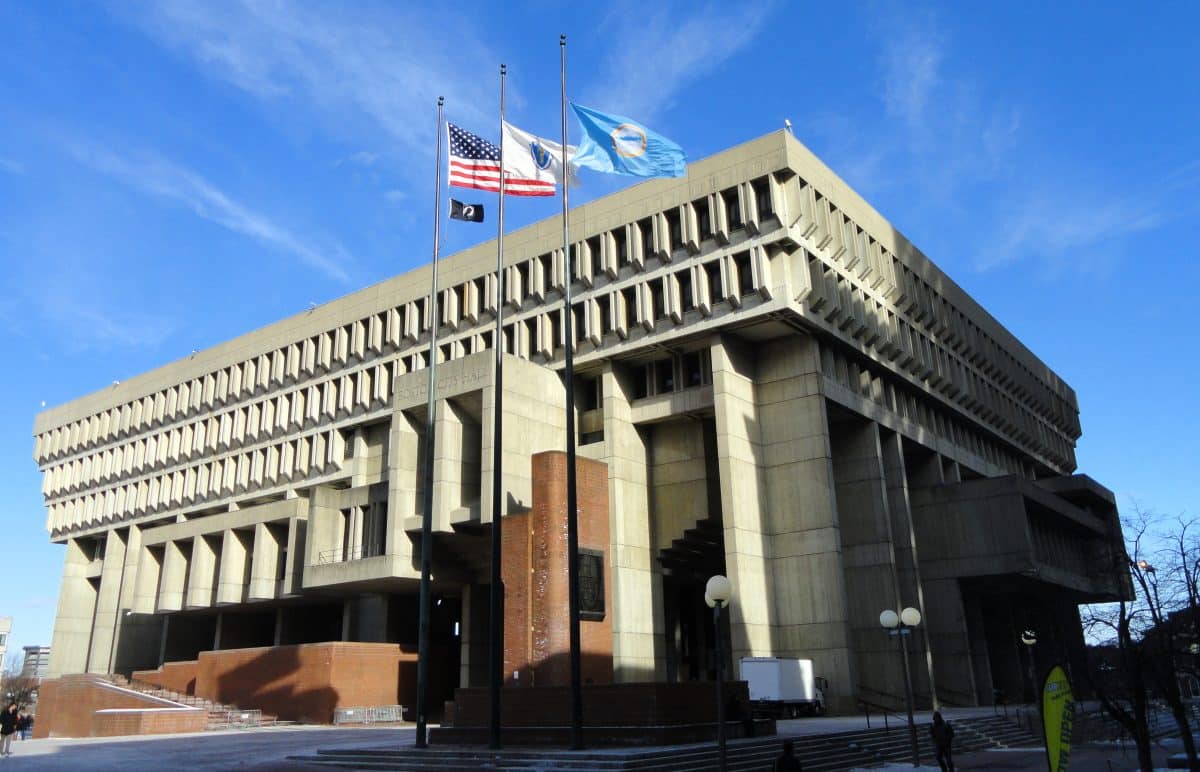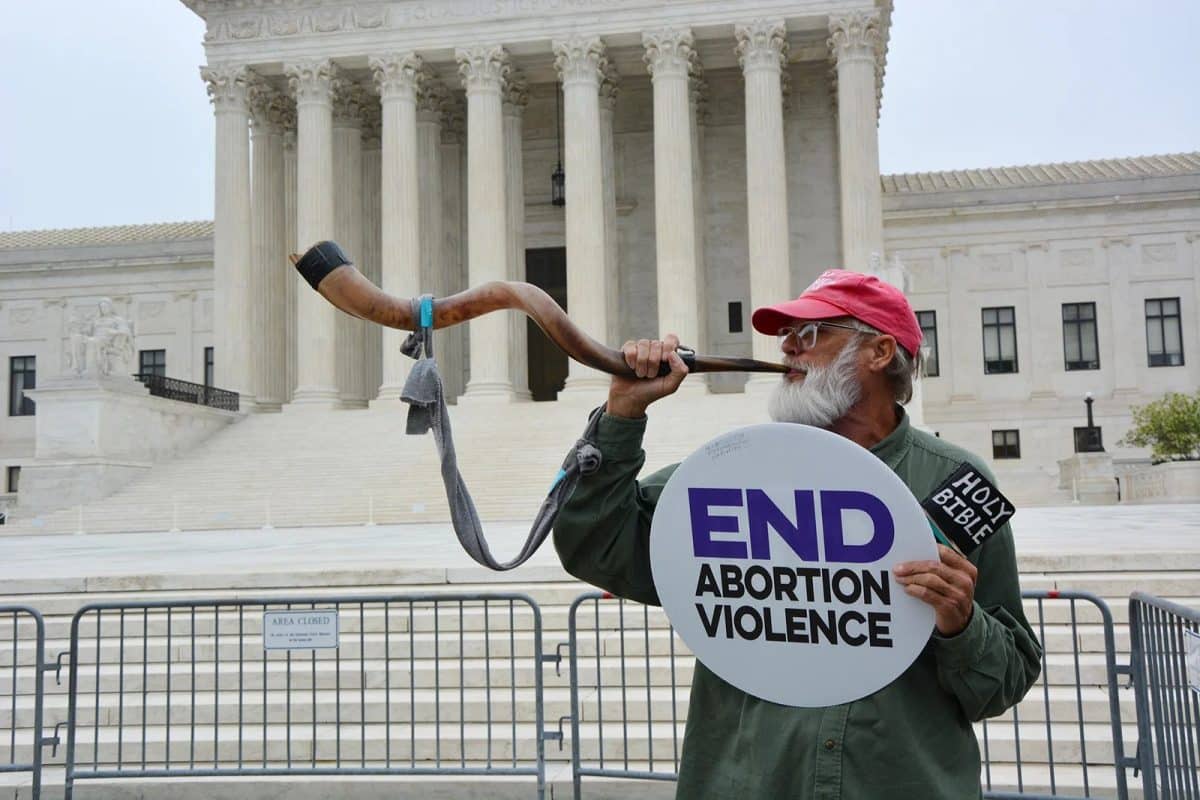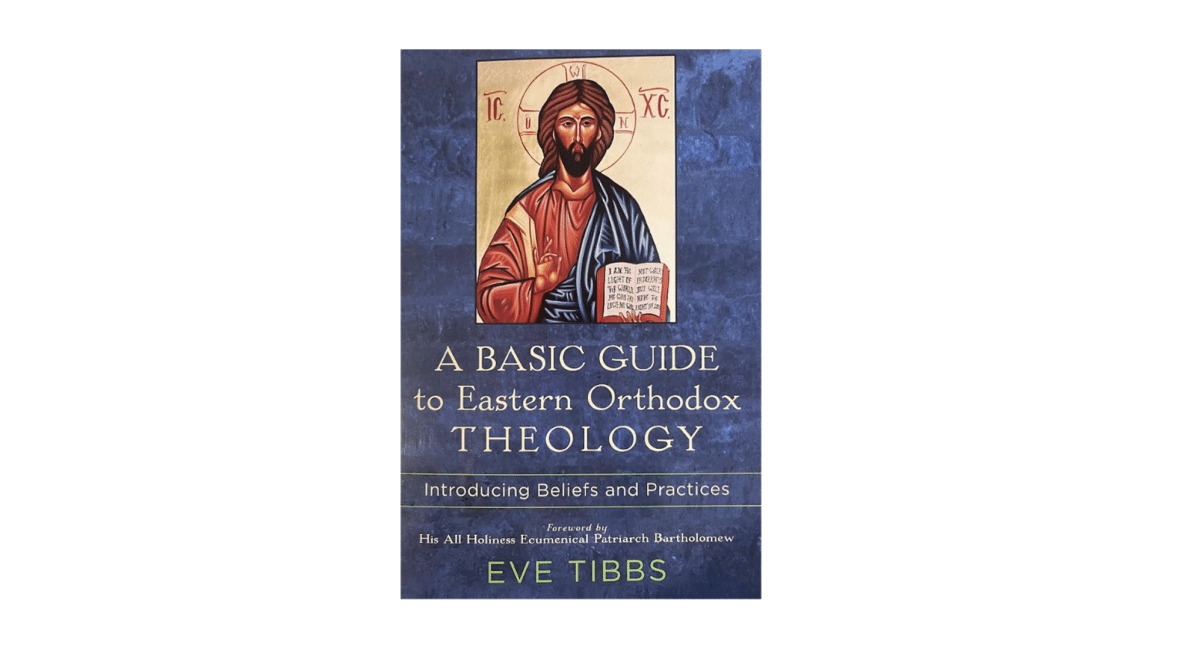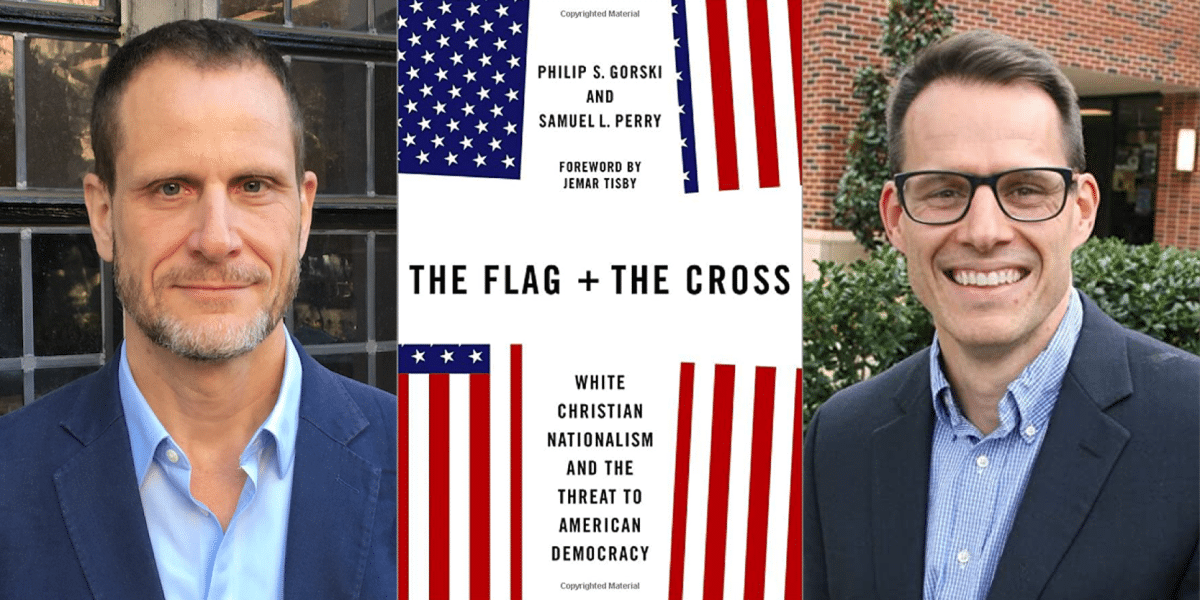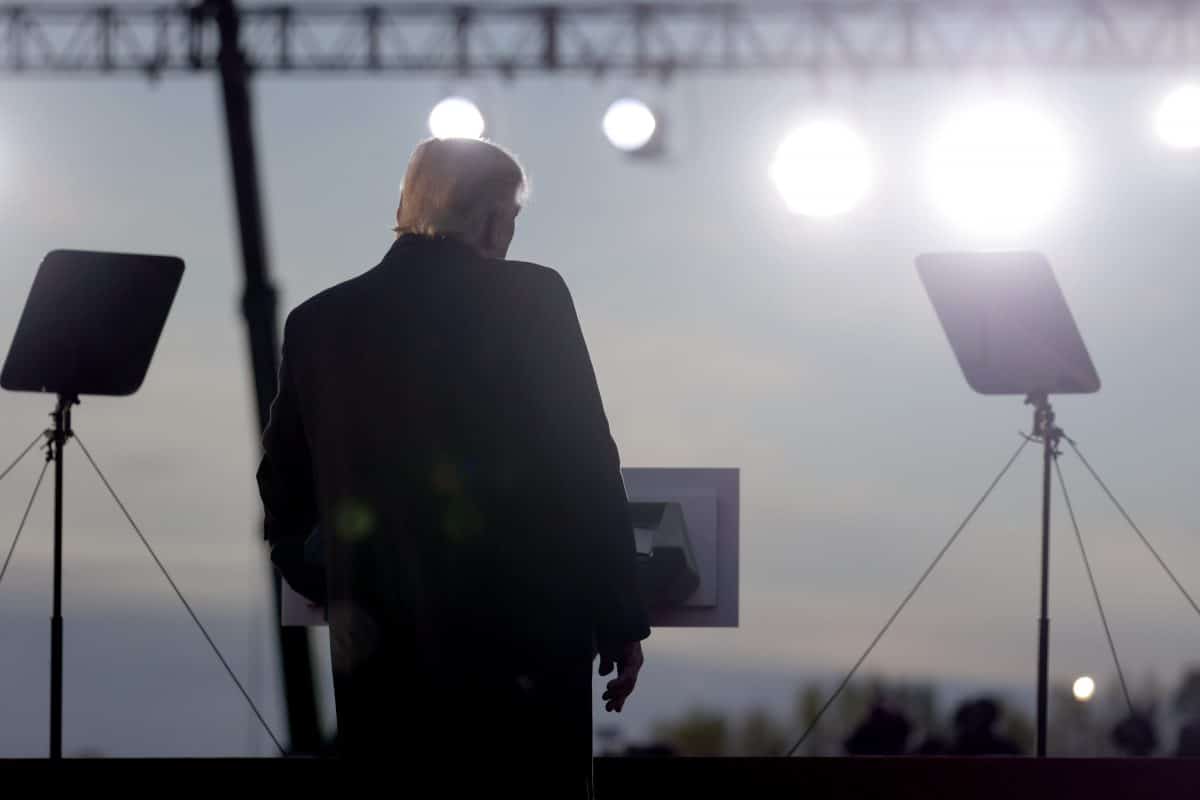The Lifeboat Our Teens Need
Contributing writer Sarah Blackwell reflects on why our kids need church in ways that extend far beyond Bible stories and learning to be nice. There is no doubt our teens are being overcome by waves of anxiety, loneliness, and self-doubt – so how can the


